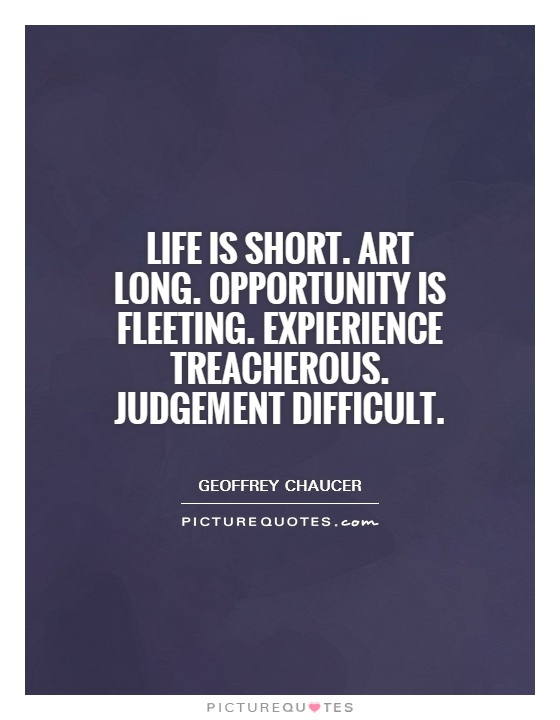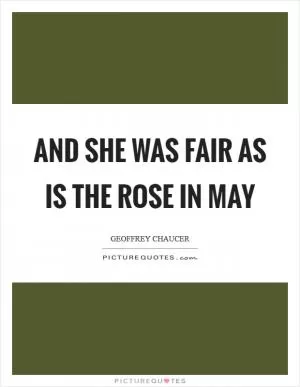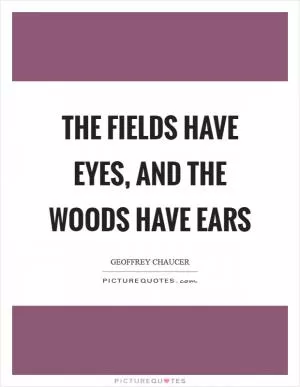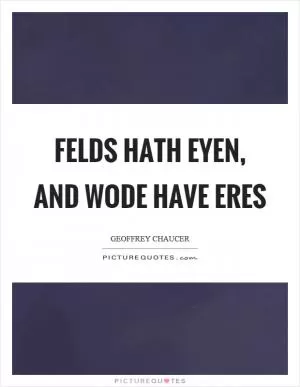Life is short. Art long. Opportunity is fleeting. Expierience treacherous. Judgement difficult

Life is short. Art long. Opportunity is fleeting. Expierience treacherous. Judgement difficult
Geoffrey Chaucer, known as the Father of English literature, understood the complexities of life and the fleeting nature of opportunity and experience. In his works, such as The Canterbury Tales, Chaucer explores the themes of mortality, art, and the challenges of making sound judgments in a world filled with uncertainty.The phrase "Life is short. Art long. Opportunity is fleeting. Experience treacherous. Judgment difficult" perfectly encapsulates the essence of Chaucer's writings. Chaucer recognized the brevity of life and the importance of seizing opportunities before they slip away. He understood that experience can be a treacherous teacher, leading individuals down unexpected paths and presenting unforeseen challenges. Furthermore, Chaucer acknowledged the difficulty of making sound judgments in a world filled with moral ambiguity and conflicting values.
In The Canterbury Tales, Chaucer presents a diverse group of pilgrims from different social classes and backgrounds, each sharing their own stories and experiences. Through these tales, Chaucer explores the complexities of human nature and the challenges of navigating the moral landscape of medieval society. The characters in The Canterbury Tales face difficult decisions and moral dilemmas, highlighting the complexities of judgment in a world where right and wrong are not always clear-cut.
Chaucer's understanding of the fleeting nature of opportunity and experience is reflected in his own life as well. As a courtier and diplomat, Chaucer navigated the treacherous waters of medieval politics and society, seizing opportunities for advancement while facing the uncertainties of courtly life. His experiences as a civil servant and poet shaped his understanding of human nature and informed his writings on the complexities of life and art.












 Friendship Quotes
Friendship Quotes Love Quotes
Love Quotes Life Quotes
Life Quotes Funny Quotes
Funny Quotes Motivational Quotes
Motivational Quotes Inspirational Quotes
Inspirational Quotes